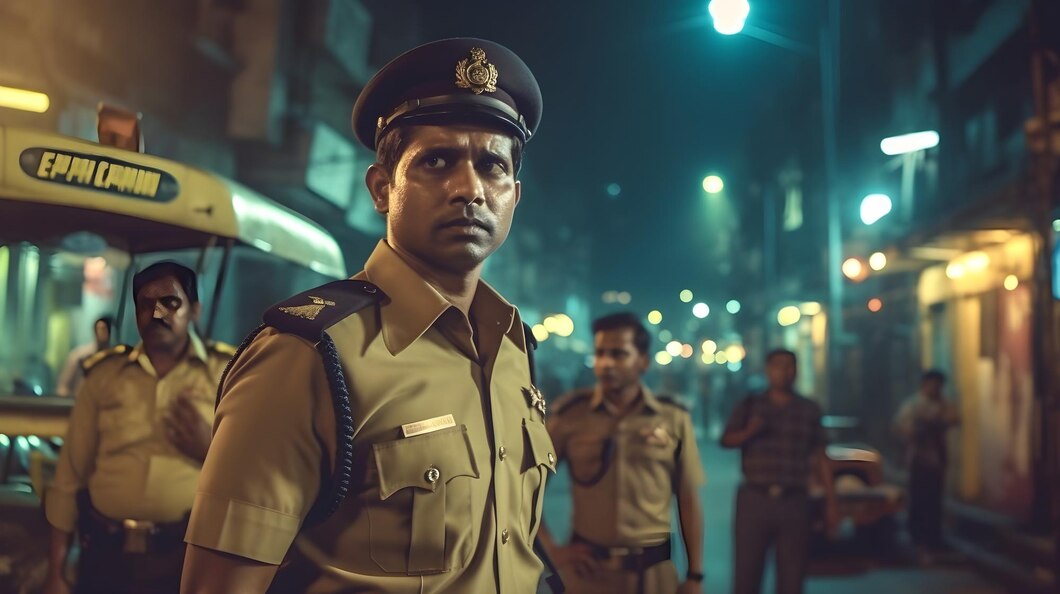Police Full Form: Public Officer for Legal Investigations and Criminal Emergencies

Police Full Form and Their Role in Society
In the fabric of society, there exist individuals who dedicate their lives to ensuring safety, upholding the law, and maintaining order. “Police” is a term that resonates with communities worldwide, signifying the protectors of peace. Understanding its full form and comprehending the multifaceted role of police forces is essential for appreciating the complex dynamics of law enforcement in modern society. In this article, we will unveil the police full form and delve into the crucial role that police play in maintaining safety and justice.
“Police” is not an acronym; rather, it is a term derived from the French word “police,” which in turn comes from the Latin word “politia,” meaning “civil administration.” It refers to a governmental body responsible for enforcing laws, maintaining public order, and ensuring the safety and security of citizens.
Guardians of Order
At the heart of policing lies the commitment to protecting and serving the community. Let’s delve into the core components and impact of police forces:
- Law Enforcement: Police officers are entrusted with enforcing laws, regulations, and ordinances to ensure that communities function within legal boundaries.
- Crime Prevention: Police actively engage in preventive measures to deter criminal activities, reduce the risk of incidents, and maintain a safe environment.
- Public Safety: Police respond to emergencies, accidents, and incidents that threaten public safety, providing assistance and support in times of need.
- Investigations: Police conduct investigations to uncover evidence, apprehend suspects, and gather information related to criminal cases.
- Community Engagement: Modern policing emphasizes community engagement, fostering positive relationships between law enforcement and the public they serve.
Impact on Society
Police forces have a profound impact on the safety and functioning of society:
- Crime Reduction: Effective policing contributes to crime reduction, enhancing the overall quality of life for residents.
- Peaceful Coexistence: Police ensure that individuals can coexist peacefully by intervening in disputes, preventing conflicts, and maintaining order.
- Trust and Accountability: Building trust between police and communities fosters a sense of security and accountability in law enforcement.
- Emergency Response: Police play a pivotal role in responding to emergencies, accidents, natural disasters, and other critical situations.
- Social Justice: Police uphold the principles of social justice by treating all individuals fairly, without discrimination, and by upholding human rights.
Challenges and Evolving Role
While police forces play a critical role in society, they also face challenges such as public perception, use of force, community relations, and adapting to technological advancements.
Conclusion
The term “police” transcends its non-acronymic status to symbolize the dedicated individuals who stand as pillars of safety and order in our communities. Its significance lies in the commitment to upholding the rule of law, protecting the vulnerable, and ensuring that society functions harmoniously. As we navigate a complex world with evolving challenges, the role of police forces remains indispensable in promoting justice, security, and the well-being of all members of society. Whether patrolling the streets, investigating crimes, or fostering community partnerships, the impact of police forces is immeasurable, shaping the very foundation of a peaceful and just coexistence.